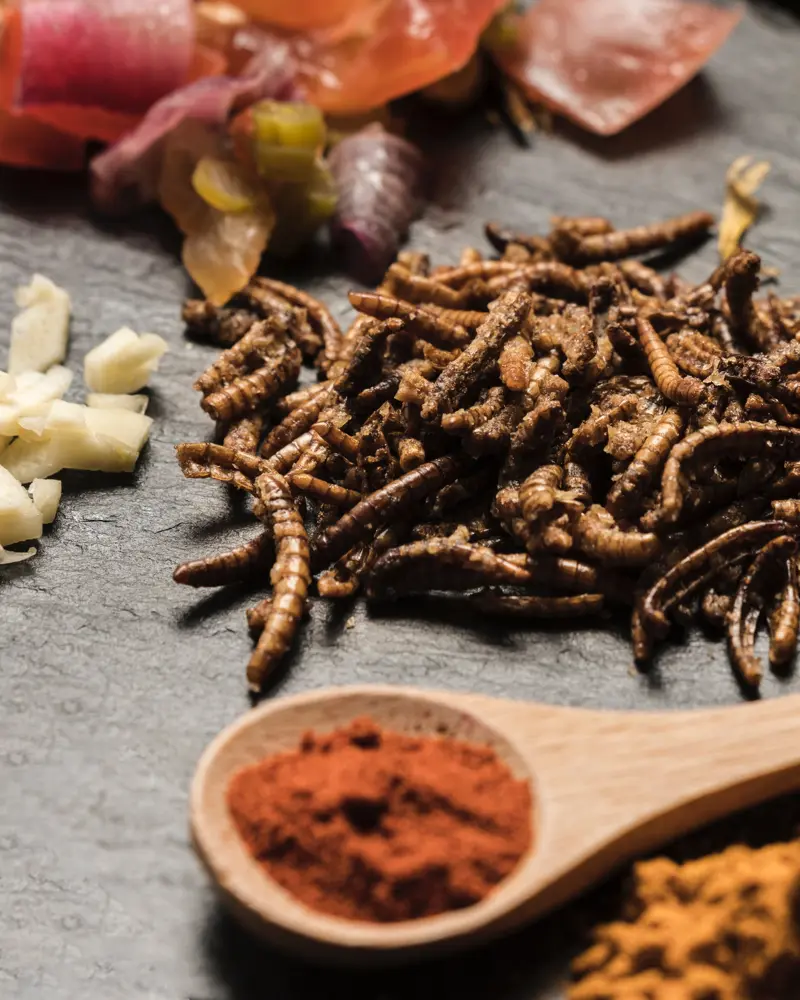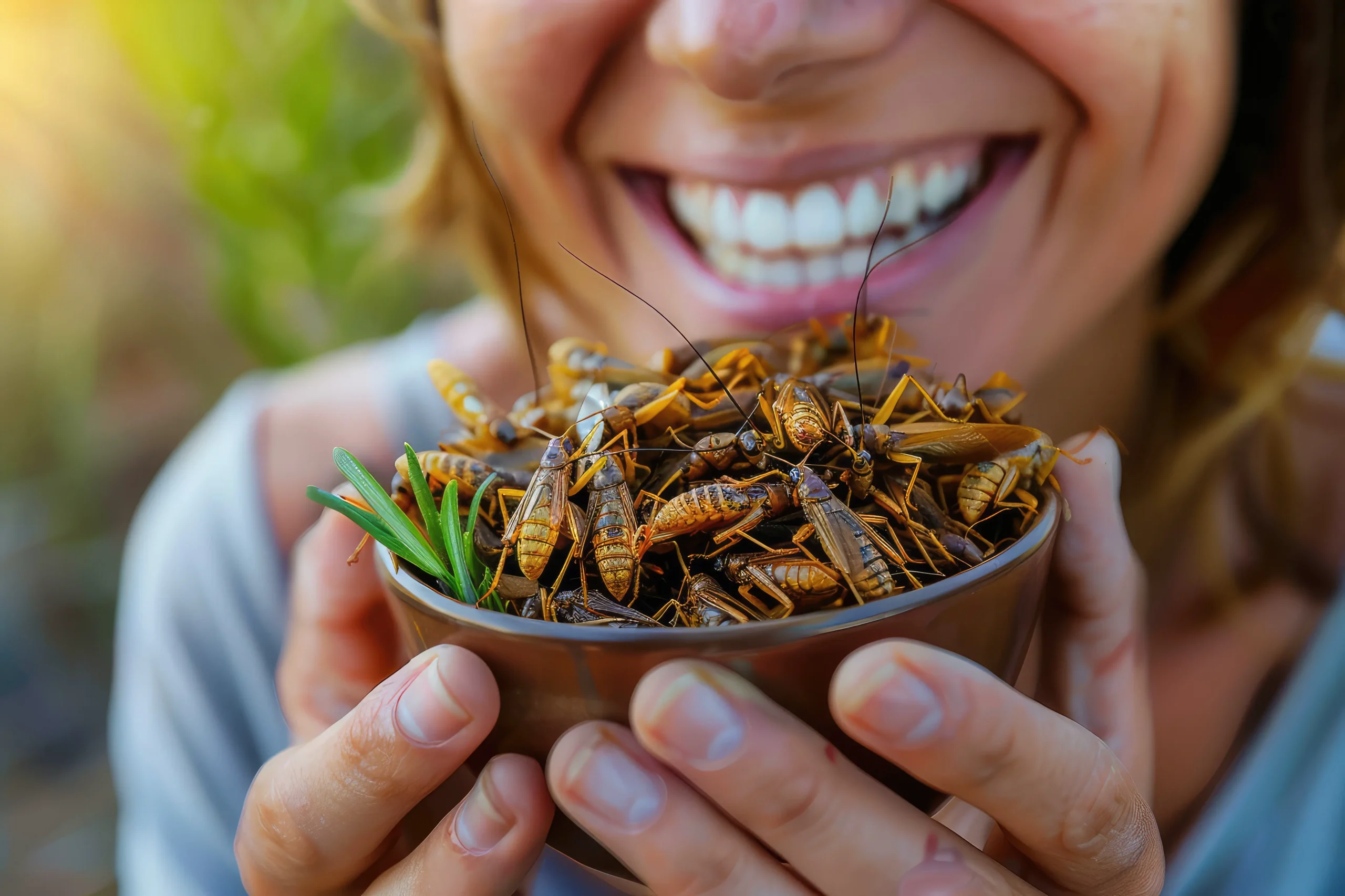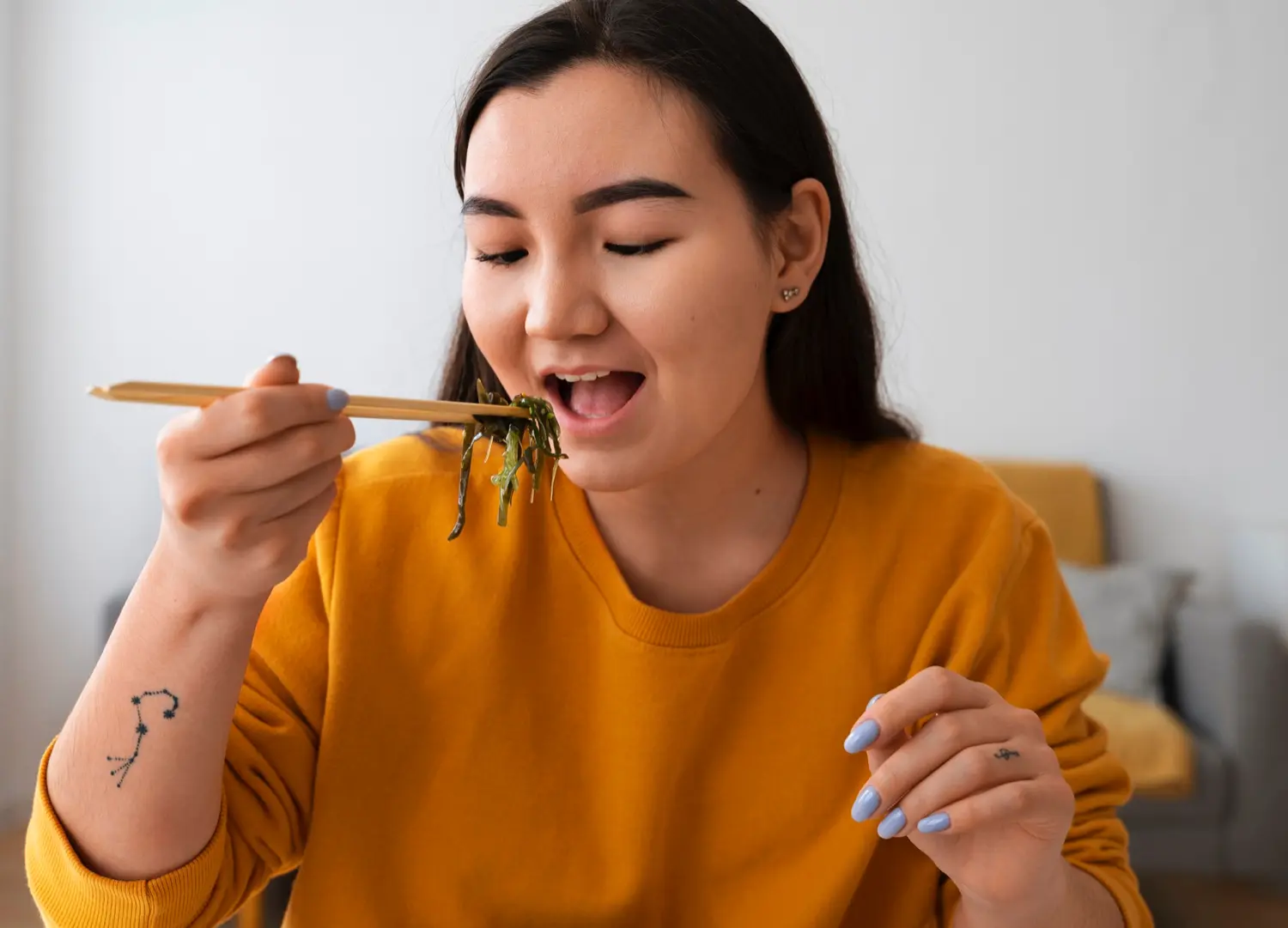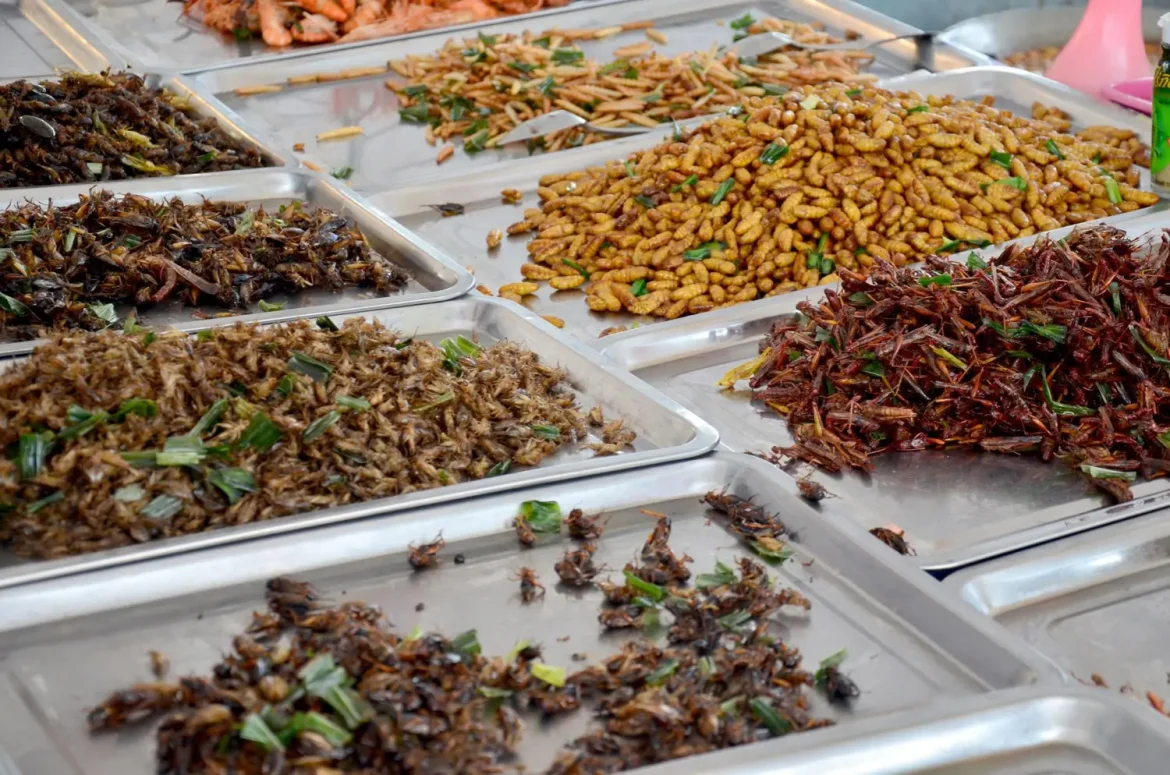In the face of a growing global population and the urgent need for sustainable food sources, the idea of eating insects is gaining traction. In many parts of the world, such as Africa, Asia, and Latin America, entomophagy (the practice of eating insects) has been part of traditional diets for centuries. However, for Western societies, where consuming insects is still met with skepticism, this idea is relatively new and often controversial. Nevertheless, as we look for innovative solutions to ensure food security while protecting the environment, edible insects might be a part of the answer. A recent study spanning thirteen countries explored this idea, revealing fascinating insights into how different cultures perceive edible insects and how they could become a staple in future diets.
Why edible Insects?

Insects are incredibly nutrient-rich and have a smaller environmental footprint than conventional livestock. They contain protein, healthy fats, and essential vitamins and minerals. Insects like crickets, mealworms, and locusts are exceptionally high in protein and require far less land, water, and feed than beef or pork. In terms of sustainability, insect farming produces fewer greenhouse gas emissions and has a lower ecological impact.
However, while these benefits make edible insects an attractive option from an ecological and nutritional standpoint, public perception remains a significant barrier. In many countries, the mere thought of eating insects can trigger a reaction of disgust. This emotional response can overshadow the logical appeal of insects as a sustainable food choice, revealing a complex relationship between culture, knowledge, and dietary habits.
Study – Understanding Perceptions Across of Edible Insects

The research by Guiné et al. (2023) surveyed nearly 7,000 participants across 13 countries (Croatia, Greece, Latvia, Lebanon, Lithuania, Mexico, Poland, Portugal, Romania, Serbia, Slovenia, Spain, and Turkey) to assess their knowledge and perceptions about edible insects, focusing on sustainability, nutrition, and health concerns.
Using a 27-item questionnaire, the study evaluated participants’ understanding of various aspects of edible insects, including their environmental impact, nutritional value, and potential health risks. Through factor and cluster analysis, the researchers identified four key knowledge areas: sustainability, nutrition, production factors, and health concerns.
The participants were segmented into three distinct clusters based on their knowledge and attitudes toward edible insects:
- Fearful: This group exhibited low overall knowledge but expressed concerns about potential health risks associated with insect consumption.
- Farming: These participants were aware of the production processes of edible insects but had limited understanding of their sustainability or nutritional benefits.
- Ecological: The most informed group, they had high knowledge about the environmental and production benefits of edible insects but were less concerned about health risks.
The study also revealed significant variation in attitudes by country. Participants from Mexico and Spain were more likely to belong to the ‘ecological’ group, showing greater openness to insect-based foods due to their sustainability. In contrast, participants from countries like Turkey and Greece were more likely to belong to the ‘fearful’ group, exhibiting stronger resistance to the idea of consuming insects.
Breaking Down the Barriers to Acceptance

So, why are some people open to edible insects while they repel others? The study suggests that knowledge and cultural context play major roles. For instance, people with higher levels of education or those who work in fields related to food, nutrition, or environmental science were more likely to appreciate the benefits of edible insects. Younger people also tended to be more receptive because they are more exposed to discussions around sustainability and innovative food sources.
In countries where eating insects is a tradition, such as parts of Mexico, insects are often considered delicacies. This familiarity makes it easier for people to view them as food. In contrast, Western societies, where insects are not typically seen as edible, may struggle with the concept due to cultural food norms and neophobia, that is a fear of trying unfamiliar foods. This reluctance can be influenced by the way insects are presented. For example, consumers may find it easier to accept insect-based foods processed into products like flour or protein bars rather than whole insects.
The findings suggest raising awareness about edible insects’ environmental and nutritional benefits could help shift public opinion. Innovative food products incorporating insects in less obvious ways—such as cricket flour in baked goods or pasta—can make the concept more palatable. Additionally, celebrity chefs and popular media can play a role in normalizing insect consumption by featuring them in recipes and culinary shows.
The rise of plant-based meats has shown that with the right marketing and education, people are willing to try alternatives to traditional animal proteins. Edible insects could follow a similar trajectory if consumers become more aware of the benefits. Educational campaigns emphasizing how insect farming is good for the planet and for health could make a difference, particularly in urban areas and among younger populations who are often more open to sustainable food trends.
Conclusion
While edible insects may still face significant hurdles before becoming mainstream in Western diets, this study shows that there is a foundation upon which to build. The world is increasingly aware of the environmental impact of traditional livestock farming, and edible insects offer a promising alternative. With continued education, exposure, and culinary creativity, it’s possible that insect-based foods could one day be as commonplace as sushi, which was once considered exotic and unappetizing in the West. As we look to a future of growing food challenges, it may be time to consider that a tiny cricket or a mealworm could have a big impact on the sustainability of our global food system.
For more details on this interesting research, read the complete paper by Guiné, R.P.F.; Florença, S.G.; Costa, C.A.; Correia, P.M.R.; Ferreira, M.; Cardoso, A.P.; Campos, S.; Anjos, O.; Chuck-Hernández, C.; Sarić, M.M.; et al. Investigation of the Level of Knowledge in Different Countries about Edible Insects: Cluster Segmentation. Sustainability 2023, 15, 450. https://doi.org/10.3390/su15010450


